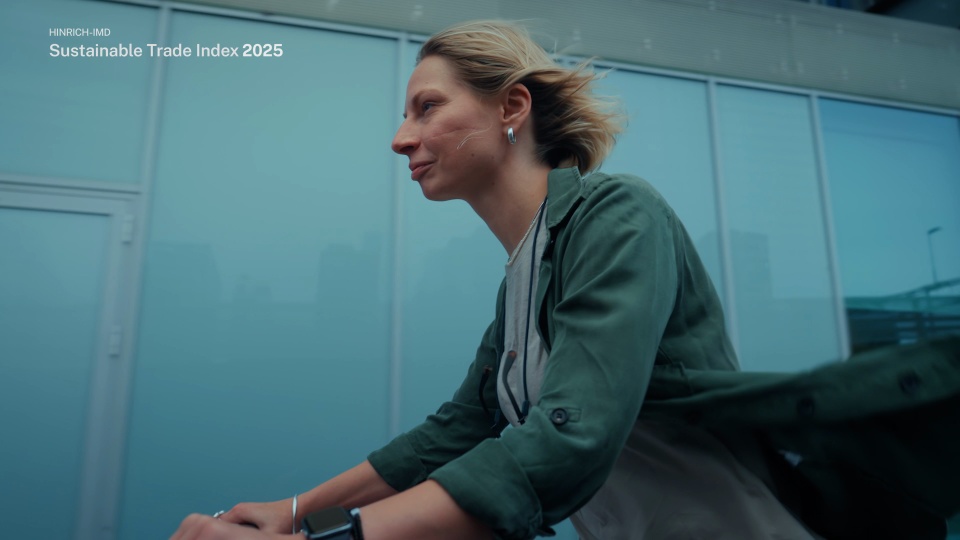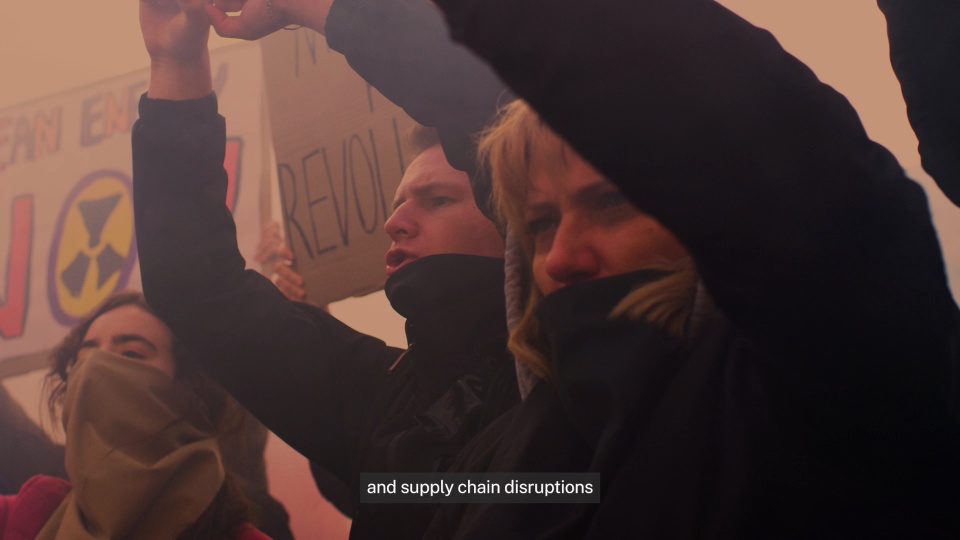


Understanding the importance of structural readiness and strategic positioning in global sustainable-trade practices.
Hinrich-IMD Sustainable Trade Index
Understanding the importance of structural readiness and strategic positioning in global sustainable-trade practices.
This is a joint annual ranking and accompanying report of 30 global economies, carried out by the IMD World Competitiveness Center and the Hinrich Foundation. They share the belief that responsible government policy and farsighted corporate decision-making can harness the many positive elements of trade while mitigating the less desirable ones.
The STI measures 30 economies’ readiness and capacity to participate in the global trading system in a manner that supports the long-term goals of economic growth, environmental protection, and societal development. It takes data (“indicators”) and splits it across three “pillars”:
- Includes measurements of the quality of trade infrastructure, the ease of conducting international trade (such as current account, exchange rate stability, and trade costs), export diversification, technological infrastructure and innovation capabilities.
Measures an economy’s ability to ensure and promote economic growth through international trade.
- Includes measurements of the development of human capital (such as the extent of education, healthcare, and labor standards); and factors that influence public support for trade expansion (income inequality, political stability, goods produced by forced and child labor, and government response to human trafficking).
Social factors especially influence an economy’s capacity to trade internationally over the long term.
- Includes measurements of non-renewable natural resources in trade and the management of externalities that arise from economic growth and participation in the global trading system; measures of an economy’s environmental capital; measures for air and water pollution; and measures for national environmental standards, carbon emissions, and share of natural resources in exports.
Measures the extent to which an economy’s trade actually supports sustainable resources.
Results
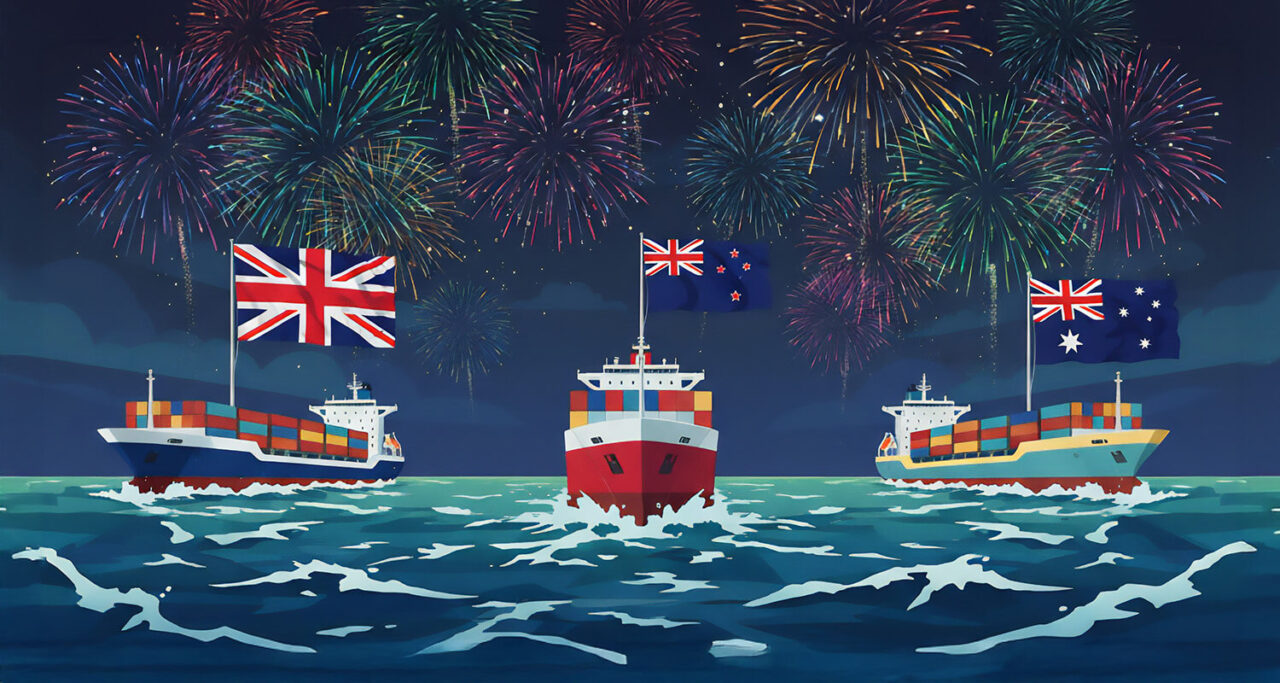
However, self-sufficiency is found to be the recurrent theme, globally speaking.
The WCC Team involved in the project was led by:
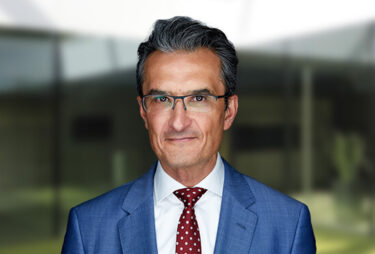
An author and in-demand speaker, Arturo Bris (www.arturobris.org) ranks among the top 100 most read finance academics in the world. His research and consulting activities focus on the international aspects of financial regulation, and in particular on the effects of bankruptcy, short sales, insider trading, and merger laws.
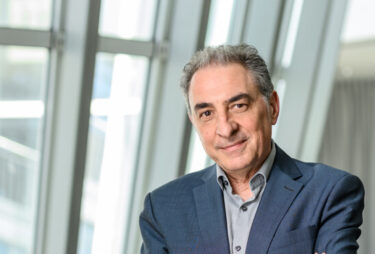
Christos Cabolis is Chief Economist and Head of Operations at the IMD World Competitiveness Center. He is also Adjunct Professor of Economics and Competitiveness at IMD. His teaching focuses on courses related to Business Economics, Macroeconomics, Corporate Finance, Financial Management and Industrial Organization.

Dr. Elms is Head of Trade Policy at the Hinrich Foundation in Singapore. Prior to joining the Foundation, she was the Executive Director and Founder of the Asian Trade Centre (ATC). She was also President of the Asia Business Trade Association (ABTA) and the Board Director of the Asian Trade Centre Foundation (ATCF).
Dr. Elms serves on the board of the Trade and Investment Negotiation Adviser (TINA) at the UN Economic and Social Commission for Asia Pacific (UNESCAP)…

As the program director for international trade research, Mr. Yap leads the Foundation’s development of original research content.
Offering analysis and insights across the diverse domains of global trade, Mr. Yap…
Professor of Finance, Director of IMD World Competitiveness Center
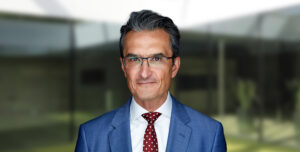
Arturo Bris (www.arturobris.org) ranks among the top one hundred most read finance academics in the world. He is the author of several books, a frequent speaker at international conferences, and appears regularly on international media outlets. He also leads the world-renowned IMD World Competitiveness Center (WCC) and is an award-winning teacher and program director.
His work has been published in the Journal of Finance, the Journal of Financial Economics, the Review of Financial Studies, the Journal of Legal Studies, and the Journal of Business, and he has had articles published in the Financial Times, Wall Street Journal, and Handelsblatt, among others.
His areas of expertise include corporate finance, corporate governance, financial regulation, and competitiveness. As Director of the IMD World Competitiveness Center, he works with governments all over the world assessing, measuring, and managing the competitiveness of countries. The WCC produces trusted annual rankings on economies’ competitiveness, and under his leadership it has expanded its coverage by adding new rankings on talent, digital competitiveness, and smart cities.
In addition to leading the Center, Bris conducts research on the relationship between income inequality, social mobility, and competitiveness. His work on the international aspects of financial regulation focuses particularly on the effects of bankruptcy, short sales, insider trading and merger laws. He has also researched and lectured on the effects of the Euro on the corporate sector and the valuation impact of corporate governance changes.
His recent work includes a comprehensive study of 3,692 CEOs from 22 countries from 1991-2019, which found strong evidence that existing studies overestimate the impact of CEOs on the performance of the firms they lead, and an analysis of the outlook for globalization in the post-COVID-19 period.
At IMD he directs the Strategic Finance and Navigating Fintech Innovation and Disruption program. He also previously directed the flagship Advanced Strategic Management program between 2009 and 2013. He has led several custom programs for organizations operating in various industries, with a particular interest in the financial sector, and has extensive consulting experience with countries from across the world.
Bris’ latest book The Right Place: How National Competitiveness Makes or Breaks Companies provides an analysis of countries’ competitive performance, typical mistakes that countries make, and the pillars necessary to build a truly competitive economy. He also co-authored Flex or Fail: The Future of Work and Pay and Sixteen Shades of Smart: How Cities Can Shape Their Own Future in 2019, and Blockchange!: How to Survive the Crypto Economy in 2018.
Bris is a member of the Strategic Committee of Debiopharm Investment and the International Advisory Council of the Wealth Management Institute in Singapore, and is academic advisor to the Blue Whale Foundation, a decentralized ecosystem enabling the self-employed to thrive by capturing a fair share of the value they create. He also serves as a member of the International Advisory Board of CENTRUM Graduate Business School in Peru, and of the Supervisory Board of the Kyiv International Economic Forum. He is also a research associate of the European Corporate Governance Institute and a research fellow of the Yale International Institute for Corporate Governance.
Prior to joining IMD in 2005, he was the Robert B & Candice J. Haas Associate Professor of Corporate Finance at the Yale School of Management.
Selected publications
The euro and corporate financing before the crisis (Journal of Financial Economics, 2014)
The euro and corporate valuations (Review of Financial Studies, 2009)
The value of investor protection: Firm evidence from cross-border mergers (Review of Financial Studies, 2008)
Good stewards, cheap talkers, or family men? The impact of mutual fund closures on fund managers, flows, fees, and performance (Review of Financial Studies, 2007)
Efficiency and the bear: Short sales and markets around the world (Journal of Finance, 2007)
The costs of bankruptcy: Chapter 7 liquidations versus Chapter 11 reorganization (Journal of Finance, 2006)
The real effects of the euro: Evidence from corporate investments (Review of Finance, 2006)
The optimal concentration of creditors (Journal of Finance, 2005)
Who should pay for bankruptcy costs? (Journal of Legal Studies, 2005)
Corporate financial policies and performance around currency crises (Journal of Business, 2004)
Corporate leverage and currency crisis (Journal of Financial Economics, 2002)
Recognition
European Financial Management Best Paper Award (2006)
China International Conference in Finance Best Paper Award (2005)
Jaime Fernández de Araoz Corporate Finance Award (2005)
Yale School of Management Alumni Association Teaching Award (2001 and 2003)
FMA European Conference Best Paper Award (2001)
Education
BSc (Law and Economics)
Universidad Autónoma de Madrid
MSc (Financial and Monetary Studies)
CEMFI, Madrid
PhD (Management)
INSEAD
Chief Economist of the WCC and Adjunct Professor of Economics and Competitiveness
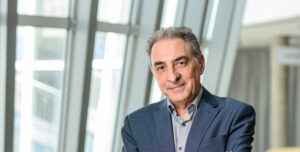
Christos Cabolis is Chief Economist and Head of Operations at the IMD World Competitiveness Center. He is also Adjunct Professor of Economics and Competitiveness at IMD. His teaching focuses on courses related to Business Economics, Macroeconomics, Corporate Finance, Financial Management, and Industrial Organization.
He joined IMD from ALBA Graduate Business School at The American College of Greece where he was Associate Professor of Economics and Finance. Prior to this he was Executive Director of the International Center for Finance at Yale School of Management. From 1997- 2002 he was a economics lecturer at Yale University, where he also served as the Dean of Jonathan Edwards College. He has also taught at the University of California at Santa Barbara, and at the University of North Carolina’s Kenan-Flagler Business School, where he was Visiting Associate Professor of Finance.
As a research fellow at the International Center for Finance at the Yale School of Management, Cabolis’ research focuses on issues related to mergers, the valuation of changes in corporate governance, and measuring market power. Currently he works in topics related to the effects of rating agencies’ valuations, the interplay between competition and specialization in venture capital firms, and the optimum size of banks.
His work has been published in Review of Financial Studies, Journal of Law and Economics, and Journal of Banking and Finance, among others. He has been awarded grants by the BSI Gamma Foundation and the Sloan Foundation for his research. He is also the recipient of the inaugural Jaime Fernandez de Araoz Award in Corporate Finance.
He holds a BA from the University of Athens, an MA from the California State University, Long Beach, and a PhD in Economics from the University of California at Santa Barbara.

Dr. Elms is Head of Trade Policy at the Hinrich Foundation in Singapore. Prior to joining the Foundation, she was the Executive Director and Founder of the Asian Trade Centre (ATC). She was also President of the Asia Business Trade Association (ABTA) and the Board Director of the Asian Trade Centre Foundation (ATCF).
Dr. Elms serves on the board of the Trade and Investment Negotiation Adviser (TINA) at the UN Economic and Social Commission for Asia Pacific (UNESCAP). She was on the International Advisory Council for APCO (2021-2023) and was a member of the International Technical Advisory Committee of the Global Trade Professionals Alliance and Chair of the Working Group on Trade Policy and Law. She was also a member of the World Economic Forum’s Trade and Investment Council for 2018-2020.
Prior to founding ATC/ATCF and the ABTA, she was head of the Temasek Foundation Centre for Trade & Negotiations (TFCTN) and Senior fellow of International Political Economy at the S. Rajaratnam School of International Studies at Nanyang Technological University, Singapore.
Dr. Elms received a PhD in political science from the University of Washington, an MA in International Relations from the University of Southern California, and bachelor’s degrees from Boston University.

Chuin Wei Yap is Program Director for International Trade Research at the Hinrich Foundation, where he leads the development of original research content.
Offering analysis and insights across the diverse domains of global trade, Yap spearheads the Foundation’s mission through a research program of commissioned research and commentary, strategic partnerships, and projects.
Prior to joining the Hinrich Foundation, he worked at the asset manager Fidelity International. He began his career with Singapore’s Ministry of Trade and Industry.
He also enjoyed a distinguished journalism career in the United States and Asia specializing in trade and economic issues, including more than a decade in mainland China and Hong Kong with the Wall Street Journal.
Yap holds degrees in history from Oxford University and international affairs from Columbia University.
If you have any questions or inquiries, get in touch with our World Competitiveness Center team.
